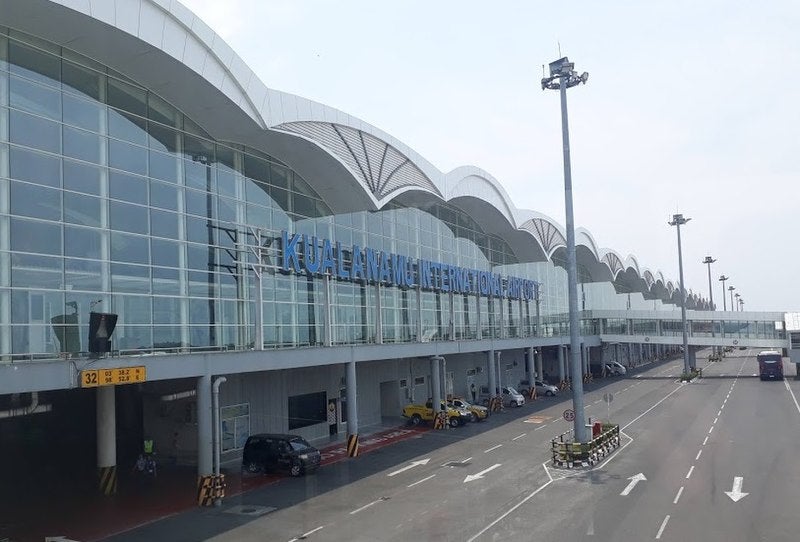
India’s GMR Airports has reportedly emerged as the winning bidder to develop and operate Kualanamu International Airport (KNO) in Medan, Indonesia.
The selection is said to have been the result of a competitive bidding process.

Discover B2B Marketing That Performs
Combine business intelligence and editorial excellence to reach engaged professionals across 36 leading media platforms.
For this project, GMR Airports, a unit of GMR Infrastructure, will be working along with Angkasa Pura 2 (AP2) on a 49:51 partnership basis.
The two companies intend to transform the Medan airport into Indonesia’s western international hub.
The Medan airport, which managed ten million passengers in 2018, is currently operational.
Over 25 years, GMR Airport and AP2 will work as a consortium to develop, expand and operate the airport.

US Tariffs are shifting - will you react or anticipate?
Don’t let policy changes catch you off guard. Stay proactive with real-time data and expert analysis.
By GlobalDataGMR Group Energy and International Airports chairman Srinivas Bommidala said: “GMR Airports Limited is delighted to have been announced the winning bidder for the development and operation of Kualanamu International Airport in Medan, Indonesia.
“The project marks the entry of GMR Airports in the fast-growing Indonesian Aviation sector, the largest in ASEAN and a high potential market. The bid win also reinforces GMR Group’s credentials as one of the largest airport developers and operators across the world.”
The company anticipates the letter of award (LoA) over the next few days and expects to sign the project agreement by the end of 2021.
Medan is the capital of the North Sumatra province.
Last month, GMR Group unveiled its plan to increase the aerodrome capacity at Rajiv Gandhi International Airport (HYD) in Hyderabad, India, through an investment of $840m (Rs63bn).
The investment is expected to help accommodate 34 million passengers on a yearly basis by 2024.





